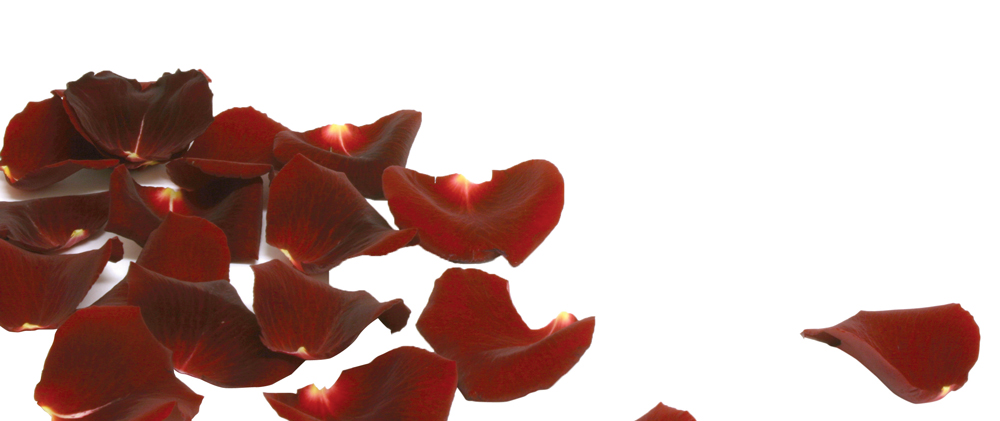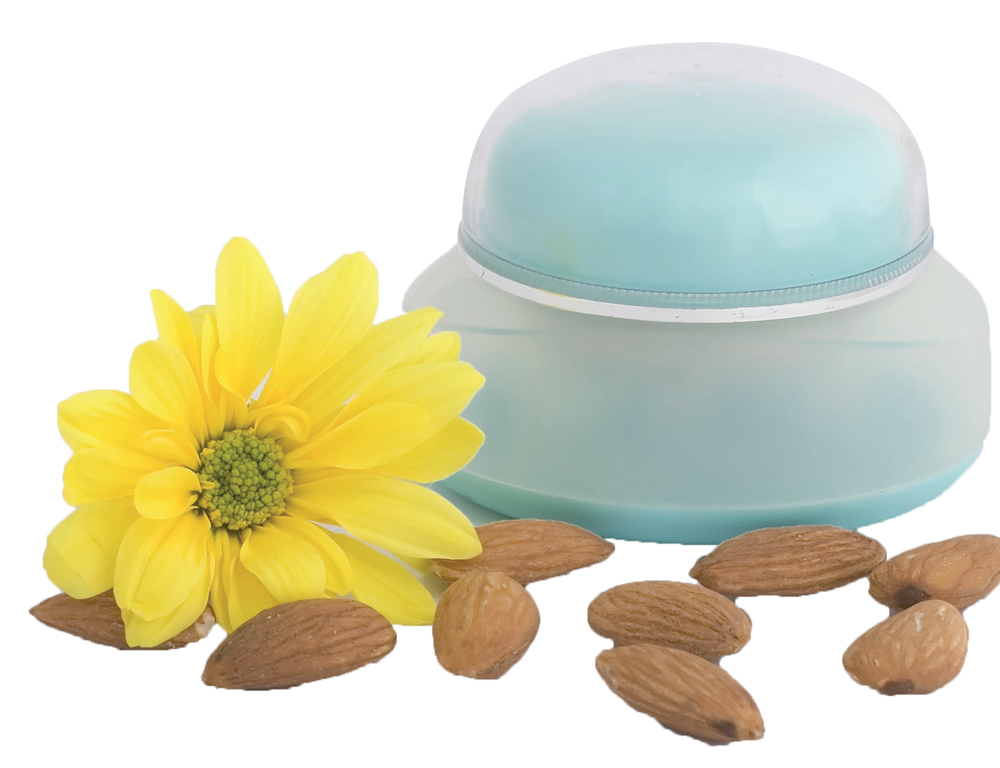Home remedies that may help in alleviating symptoms are:
Garlic (Allium Sativum): Garlic is a wonder drug for body and mind. Gulp down 1-2 small pods of garlic on an empty stomach with a glass of water. You may also use garlic in your cooking, salad, soup, pickles, etc. It is very versatile. It is also beneficial to sniff garlic pods once or twice a day to encourage oxygen absorption in the body, thus increasing the energy levels.
Bananas: Three to four servings of potassium-rich fruits and vegetables are needed daily for an average person. Studies have proven that bananas can help in lowering the depression rates and has a direct affect on moods.
Nutmeg and Indian Gooseberry (Amla): Mix 1/8th teaspoon of nutmeg powder with 1 tablespoon of freshly squeezed Amla juice. Take this mixture 3 times a day.
Warm Bath: Soak yourself in warm water for about an hour, adding rose petals, Epsom salt and some cardamom powder to the bath.
Almond Oil Head Massage: Having a professional massage is not only de-stressing and relaxing, but it also increases endorphins, easing depression and inspiring an overall feeling of well-being. Massaging the body and head with herbal oil, and then having a hot water bath does wonders for the body and mind.
Sunshine, Air, and Water: Have plenty of all three. These are the best natural resources to ward off feelings of depression or loneliness. Have a sun bath or hot water bath, do breathing exercises and drink lots of water.
Herbal Teas: Teas like Chamomile, Liquorice, Cardamom, Tulsi, Rose Petal, and Sage have a very uplifting effect on moods. Whatever tea you choose, make sure you do not take more than 3 cups in a day.

Rose Petals: Boil a handful of rose petals in a glass full of water. Add agave nectar/honey/crystal sugar to it as per your taste and drink it twice daily. You can also drink rose petal tea available in health food stores. It has a mood enhancing effect on the mind and also induces a sense of well-being. Sniffing essential oil of rose once or twice a day may also bring a happy feeling. The mind responds very well to aromas.

Health Drink: Soak 5 almonds, 1 fig, 1 teaspoon of a mixture of four seeds (Cucumber seeds, Pumpkin seeds, Cantaloupe Seeds and Watermelon seeds) in half cup of water overnight. Next morning blend them in some water. Boil the mixture in 1 cup of milk and reduce it to half. Drink this first thing in the morning. You may choose to add some honey or crystal sugar to it. People with lactose intolerance may just drink the blended mixture as is. Almonds and Pumpkin seeds are high in fatty acids that are good for building, and maintaining parts of the brain.
Ashwagandha (Withania Somnifera) and Brahmi (Bacopa Monnieri): A concoction of Ashwagandha and Brahmi powder steeped in water for 10 minutes to drink twice or thrice a day helps in recovering from depression.
Sage and Holy Basil: Another natural remedy for depression, which is widely advocated, is drinking a “kasahayam” or tea made from the tulsi (Indian basil) and sage.
Cayenne Pepper: Cayenne pepper prevents platelets from coming together, and thus facilitates good blood flow.
Yoga: Yoga helps in the increase of oxygen circulation in the system, helps the mind to relax, stretches the muscles and helps to restore the neuro-chemicals. Deep breathing exercises or “pranayama” help the body and mind to relax. By focusing on calm and peaceful things, the mind tends to counter the negative energy, which is present.
Symptoms of depression include:
- Constant feelings of sadness, irritability, or tension.
- Decreased interest or pleasure in usual activities or hobbies.
- Loss of energy or feeling tired, despite an active lifestyle.
- A change in appetite, with significant weight loss or weight gain.
- A change in sleeping patterns, such as difficulty sleeping, early morning awakening, or sleeping too much.
- Restlessness or feeling slowed down.
- Decreased ability to make decisions or concentrate.
- Feelings of worthlessness, hopelessness, or guilt.
- Thoughts of suicide or death.
- Lack of interest or decreased sexual activity
Meditation: The brain waves of meditators show why they’re healthier. Neuroscientists have found that meditators shift their brain activity to different areas of the cortex—brain waves in the stress-prone right frontal cortex move to the calmer left frontal cortex ~ Colin.
This mental shift decreases the negative effects of stress, mild depression and anxiety. There is also less activity in the amygdala, where the brain processes fear. Meditation is sometimes described as an altered state of consciousness. It is a form of relaxation that, unlike sleep, is entered into purposely. Meditation is usually practiced regularly for at least 10 minutes each day. While the body is at rest, the mind is cleared by focusing on one thought sometimes a word, a phrase, or a particular scene. Relaxation is marked by decreased muscle tension and respiration, lower blood pressure and heart rate, and improved circulation. The relaxation response summoned by meditation slows down the sympathetic nervous system. In addition to slowing the heart rate and lowering blood pressure, this response can also lead to:
- Decreased sweat production,
- Decreased oxygen consumption,
- Decreased catecholamine production (chemicals associated with the stress response),
- Decreased cortisol production (stress hormone).
 Indu Arora, Ayurveda and Yoga Therapist considers herself a student for lifetime. She has been sharing about Yoga philosophy, Yoga Therapy and Ayurveda since 1999. She is inspired by and taught under Kriya Yoga, Himalayan Yoga, Kashmir Shivaism and Sivananda Yoga lineages. She has studied both Yoga and Ayurveda in a traditional Guru paramapara setting. Her teaching style is rooted in empowering and inspiring students to awaken the inner Guru. Her core philosophy is, ‘Nothing has the greatest power to heal, but Self!”
Indu Arora, Ayurveda and Yoga Therapist considers herself a student for lifetime. She has been sharing about Yoga philosophy, Yoga Therapy and Ayurveda since 1999. She is inspired by and taught under Kriya Yoga, Himalayan Yoga, Kashmir Shivaism and Sivananda Yoga lineages. She has studied both Yoga and Ayurveda in a traditional Guru paramapara setting. Her teaching style is rooted in empowering and inspiring students to awaken the inner Guru. Her core philosophy is, ‘Nothing has the greatest power to heal, but Self!”




